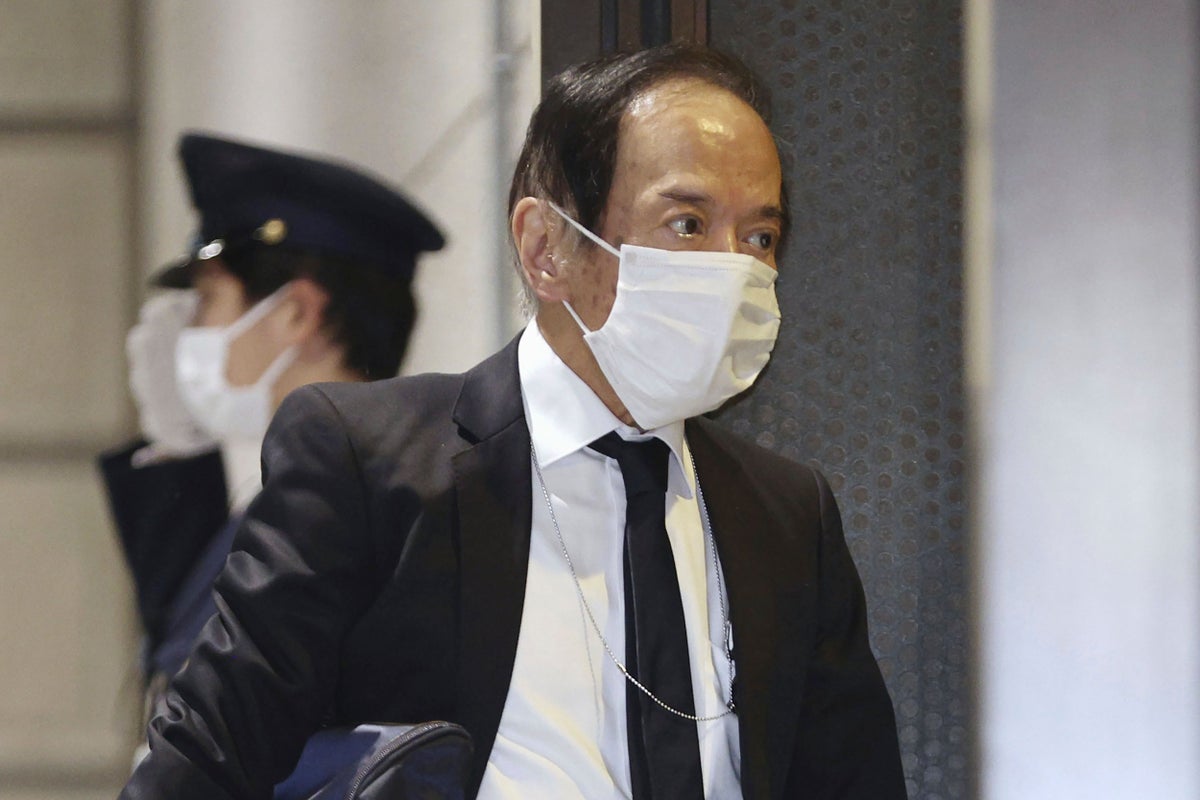
The Bank of Japan raised its key interest rate to about 0.5% from 0.25% Friday, noting that inflation is holding at a desirable target level.
The decision by the central bank came at the end of a two-day policy board meeting in Tokyo.
Bank of Japan Gov. Kazuo Ueda, set to speak to reporters later in the day, repeatedly indicated the move was coming. Recent price data show inflation hovering at about the central bank’s 2% target.
Another long-term concern was wage growth. Recent data show Japanese workers are gaining better wages and are generally set to receive solid pay raises in their upcoming annual union negotiations.
The central bank has signaled that more interest rate raises may be coming, while stressing it plans to be extremely cautious to make sure the economy holds steady.
A rate rise in July last year sent stock prices tumbling. The bank is also watching for market reactions to the policies of U.S. President Donald Trump.
The Bank of Japan made its first rate increase in 17 years in March last year, ending its negative interest rate policy, which amounts to negative borrowing rates.
Japan’s longtime ultra-lax monetary policy was meant to wrest the economy out of deflationary tendencies and boost growth.
Deflation stagnates growth, as companies invest less, cut back on wages and people hold back spending.
Japan’s position strikes a contrast from the U.S. Federal Reserve and the European Central Bank, which have been lowering rates after raising them to clamp down on inflation. The Fed indicated recently it will slow down on lowering rates.
___
Yuri Kageyama is on Threads: https://www.threads.net/@yurikageyama







